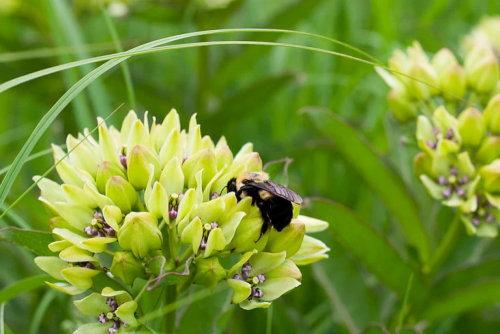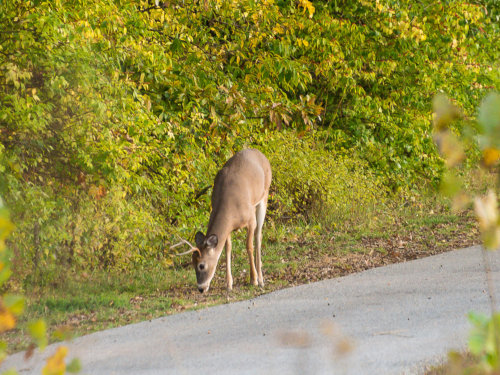Frequently Asked Questions
Frequently Asked Questions
That depends on resources you’re wanting to protect and why. If you’re placing land under easement, you can work with the land trust to decide on terms that are right for you and the land.
For example, if building a home on the land or subdividing your property is important, you may be able to reserve those rights — as long as you’re still protecting important natural resources or conservation values (such as productive farmland or wildlife habitat). An easement can protect your whole property or part of it.
While every easement is unique, there are a few general rules. Farming and ranching are usually permitted. Hunting is often allowed. Development is often limited. Surface mining is almost always off-limits. While some easements require public access, many do not.
QUICK LINKS
Nonprofit land trusts partner with landowners, communities, and conservation agencies.
Over 1,500 land trusts protecting over 60 million acres.

Quote from a landowner about the value of protecting land with a land trust.
" I am very grateful to Ozark Land Trust for helping me to permanently protect the fields and forests of a farm which I love and which provide a lasting home for wildlife."

The Missouri Land Trust Coalition (MLTC), an unincorporated association of land trusts and their partners across Missouri.
